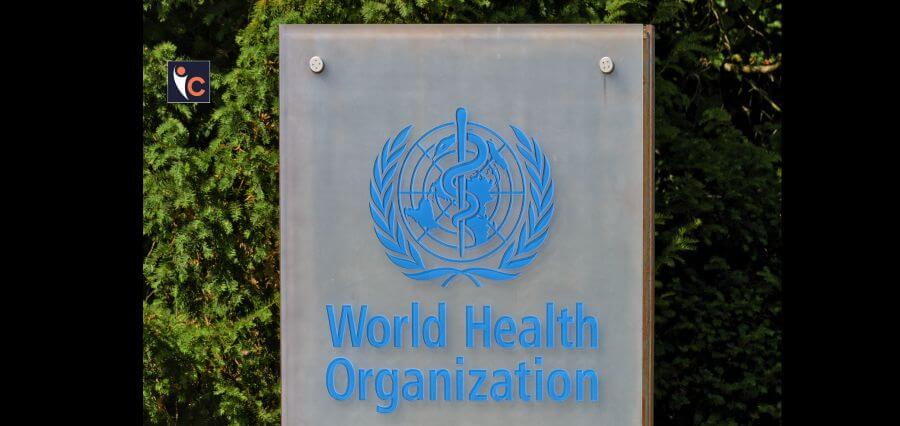In a decisive action against the current mpox outbreaks, the World Health Organization (WHO) and its partners – including Member States – for the first time activate the Global Health Emergency Corps (GHEC). Support to countries faced with such a crisis is expected to improve and that is an important advancement to address global health emergency readiness.
In 2023, GHEC was established by WHO as a network of health professionals directed towards improving the response to health emergencies. It is a corps which allows member countries and health emergency networks to work in coordination to increase the health workforce capacity, mobilize specialists to the field quickly and connect technical experts. This activation was also motivated by the experience gained during the COVID-19 epidemic, which emphasized the importance of rationalizing the use of available health systems.
Dr. Mike Ryan, Executive Director of WHO’s Health Emergencies Programme, appreciates the role of GHEC by expressing that, “WHO and partners are supporting the government of the DRC and other nations in the implementation of case detection, contact tracing, ring vaccination, management of patients, infection control, community outreach, and provision of specific medical logistics.” Furthermore, he noted that GHEC is beneficial as it promotes integration of effective responders at the national and regional levels with a view of cutting transmission and mitigating impact of the disease.
The activation follows the World Health Organization (WHO) Director General Tedros Adhanom Ghebreyesus’ mpox public health declaration on 14th August 2024 which classified the disease as a public health emergency of concern. This year, cases of mpox have been reported in eighteen African countries, accompanied by warnings concerning the spread of clade 1b to at least two other regions leading to raised fears of further spread.
The GHEC helps to determine emergency workforce gaps in eight countries in relation to the zebra mpox outbreak, working with the International Association of National Public Health Institutes and these include Democratic Republic of Congo and Burundi the most affected countries. The preliminary analysis has shown that 22 elements need improvement in regard to epidemiology and surveillance, laboratory services, infection control, including risk communication and community involvement, among others. In the Democratic Republic of the Congo, Health Cluster partners are supporting the Ministry of Health in enhancing the public health emergency response operations.
As of October 17, WHO has deployed 56 experts to the affected countries, WHO staff and those pulled in from the Global Outbreak Alert and Response Network (GOARN) and the African Volunteers Health Corps (AVoHC-SURGE). Dr. Abdou Salam Gueye, Regional Emergency Director for WHO’s Africa office, underscored the need for such professionals so that the response is on time and within the right context.
As such, GOARN is also spearheading an initiative to map the bilateral support availed by various partners to the affected countries that includes but is not limited to expert deployment, supplies, funds, and capacity building. On October 22 GHEC brought together technical experts from shall we say the regions under control of mpox, and those that had been affected previously, to discuss effective countermeasures and ways to coordinating action to end the progress of this outbreak.










